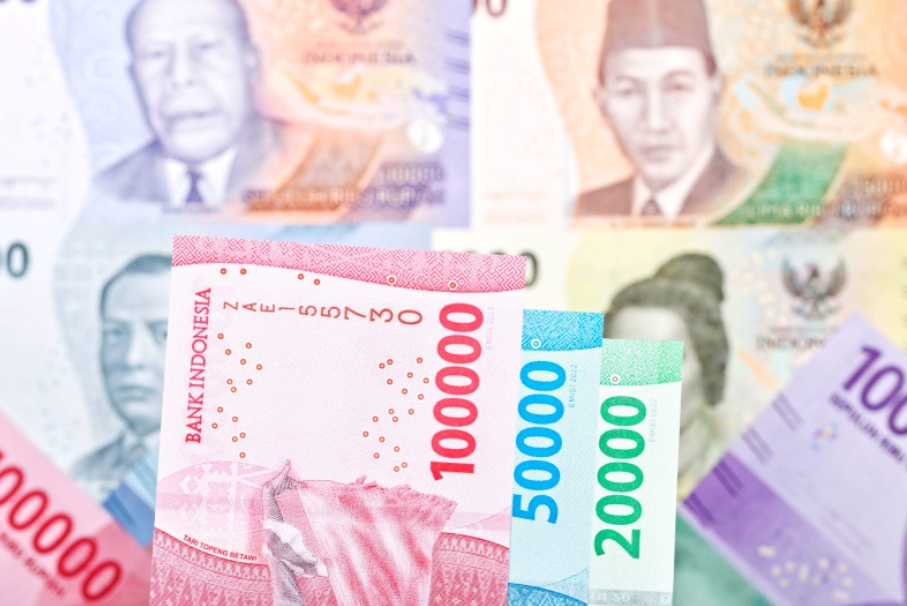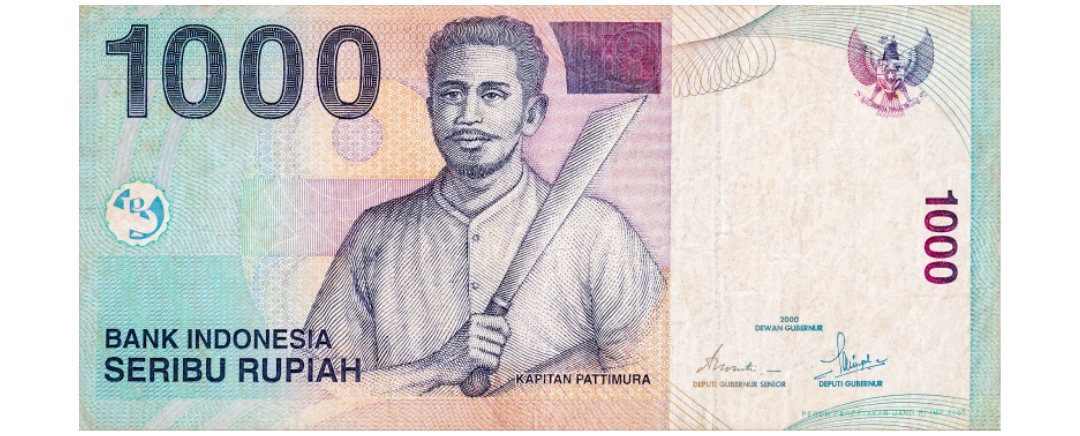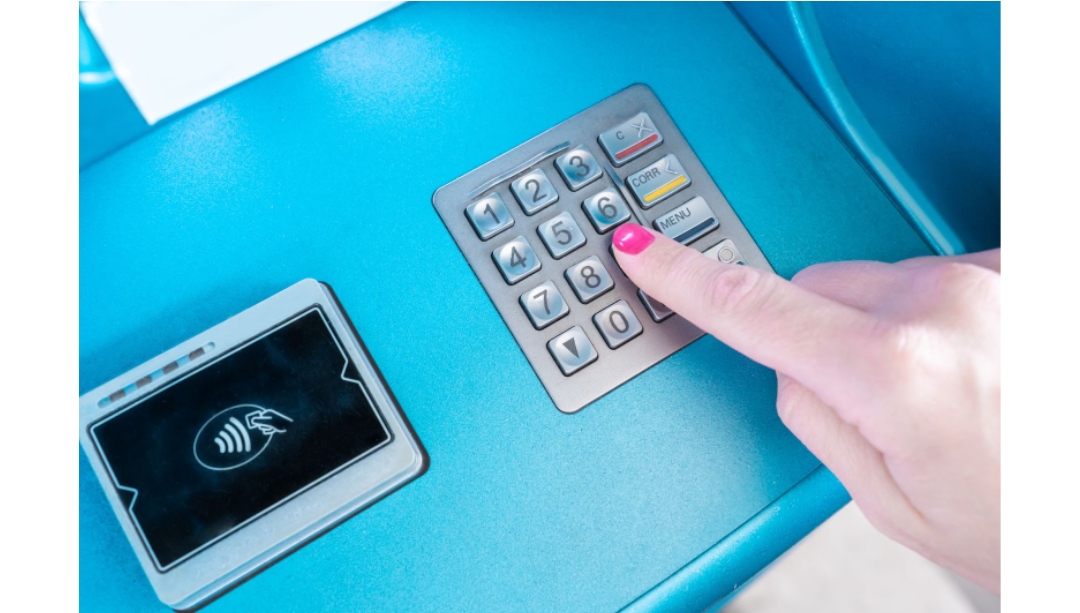Understanding the local currency, the Indonesian rupiah (IDR), is essential when planning a trip to Bali. While the large numbers on banknotes might seem overwhelming at first, navigating currency exchange, budgeting, and financial transactions will make your trip much smoother.
When you know the basics of exchange rates, where to get the best deals, and how to manage your money wisely, it will help you avoid unnecessary fees and scams. So, let’s take a closer look at how to master Indonesian Rupiah!
Currency Exchange in Bali
Exchanging money in Bali is straightforward, but knowing where to go can save you from unnecessary fees and scams. While you’ll find options at the airport, they may not always offer the best rates.
Upon arriving in Bali, you’ll find currency exchange counters at Ngurah Rai International Airport. While they are convenient, their exchange rates are not the best. It’s advisable to exchange just enough for your initial expenses and then look for better rates in the city.
Banks and authorized money changers in tourist areas such as Seminyak, Kuta, and Ubud usually offer better rates. Look for exchange offices with the “PVA Berizin” sign, which indicates they are licensed.
Avoid places with extremely attractive rates, as they might use scams like miscounting or charging hidden fees.
The value of the Indonesian Rupiah can fluctuate, so it’s always wise to check current exchange rates before exchanging large sums. As of now, 1 US Dollar equals approximately 16,500 IDR, but rates may vary.
Using ATMs in Bali
ATMs are widely available in Bali and provide a convenient and easy way to withdraw cash. However, to avoid excessive fees and fraud risks, it’s important to be selective about where and how you withdraw money.
How to Withdraw Money Safely?
ATMs are widely available in Bali, but it’s important to use machines at reputable banks like BCA, Mandiri, or BNI to reduce the risk of fraud.
Avoid standalone ATMs, especially in less busy areas, as these are more prone to skimming devices.
Here’s what to keep in mind when using ATMs:
- Be mindful of fees: Many foreign banks charge international withdrawal fees. Withdrawing larger amounts at once can help minimize transaction costs.
- Notify your bank: Inform your bank of your travel plans to prevent your card from being blocked due to suspicious foreign activity.
- Be cautious at ATMs: Shield your PIN, and always take your receipt. If a machine looks suspicious, find another ATM.
Unfortunately, we’ve all heard stories about scams and fraud when it comes to exchanging money as a tourist, so you can never be too careful. Try to protect yourself as much as possible by informing yourself about the local scams and other trouble tourists might encounter.
Managing Your Money While Traveling
You must learn to manage your finances in Bali to avoid unexpected costs and make the most of your trip. A little planning goes a long way, from budgeting wisely to choosing the best payment methods.
Budgeting for Your Trip
Bali offers both budget-friendly and luxury experiences. If you stick to street food and budget accommodations, you can spend as little as $20 per day, while high-end travelers might spend $100 or more per day.
Plan accordingly based on your travel style, and try to think of all the possible expenses in advance.
Carrying Cash vs. Cards
While credit and debit cards are widely accepted in hotels and upscale restaurants, cash is still the preferred method in many local markets and smaller establishments.
It’s wise to carry a mix of both for flexibility. Keep small denominations handy – many small vendors struggle to break large Rp 100,000 notes.
You can use digital payment apps like GoPay and OVO since they are widely accepted and make transactions easier.
You can use your credit card, but beware of credit card fraud. Only use your card at reputable businesses and always check for unauthorized charges.
Tipping and Payment Etiquette
Tipping is not mandatory in Bali, but it is appreciated. In higher-end restaurants, 10-15% is common, while for taxis and local eateries, rounding up the bill is sufficient. Before tipping, always check if a service charge is already included.
Staying Safe with Your Money
It is essential to keep your money secure while traveling in Bali. Tourists can be targets for petty theft, so taking precautions will help minimize risks and protect your finances.
One of the best ways to safeguard your money is by distributing it across multiple places. Instead of keeping all your cash in one wallet, divide it between your bag, pockets, or even a hotel safe. This way, if something is lost or stolen, you won’t lose everything at once.
Avoid flashing large amounts of cash in public, especially in crowded areas like markets or tourist spots. Not only does this attract unwanted attention, but it also increases the risk of being overcharged or pickpocketed.
Bargaining is a common practice in Bali, particularly in markets and with independent vendors. However, it should always be done respectfully and with a friendly approach. Engaging in polite negotiations can help you get fair prices while maintaining a good relationship with locals.
Smart Money Management for a Stress-Free Trip
Handling your finances wisely in Bali means you can spend more time enjoying the island and less time worrying about currency exchanges and transaction fees. Staying informed about the Indonesian Rupiah will ensure a smoother financial experience for you.
It doesn’t matter if you’re enjoying local street food, bargaining at markets, or dining in upscale restaurants; smart money; smart will help you make the most of your trip. With these tips in mind, you’ll be able to truly enjoy staying in Bali with confidence and focus purely on creating unforgettable memories.































